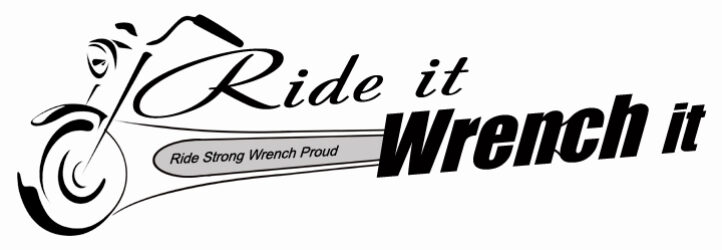Last week's post was an overview of the MSF Basic RiderCoach training detailing some of the personal challenges I had to overcome. This time I want to cover more details about the class and the expectations to pass. I don’t think anyone knows what to expect going into the program. We all had ideas about it, and because of that, I am sure everyone was prepared at various levels. By this, I mean how much each individual prepared for the program with the pre-assignment work we had to complete and submit before even getting to the program. You don’t just pay a fee and wake up in the morning sleepy-eyed while yawning, wandering into class for the day, and walking out with a certification to hang on your wall. This program is intense.

Class Difficulty
In college, I studied Information Technology and have been through the Cisco Network Academy. The MSF Basic RiderCoach certification class is as difficult to complete successfully as any of the technical classes I have been through. The literature we had to learn didn’t have any fluff. Every sentence had relevant information that we had to know. If you wanted to highlight important notes, you might as well just highlight every line on every page. You had to retain an incredible amount of detail and then apply it to classroom teaching, range teaching, and even your own riding skills. I learned a lot and even had to re-evaluate myself in some areas of my own riding that I have let slip over the years.
Daily Class Load
We never had a day under 10 hours. One day even went for 14 hours. You have to be mentally prepared for these long days of information overload. The information input never ends, and it can be easy to become overwhelmed throughout the curriculum. It doesn’t stop in the classroom; once the class is dismissed, you get some dinner and head back to your room to study.
I’m not sure you could pass the class if you don’t put the time in after class to learn the day's material. Every evening I spent my time studying until I fell asleep with my books in my hands. The mental challenge of staying focused, retaining information, and learning more can be very difficult. It’s a straight bombardment every day for nine days. If I had the ability to go home every evening, I probably wouldn’t have passed the class. It was necessary to have the evening time without distractions to study time outside of class.
The Riding Portion Of The Class
The classroom was about half of the learning. We also rode motorcycles, and we rode a lot. This wasn’t just cruising back roads enjoying the scenery. It was classwork. Range work. We were evaluated on our riding skills while learning what we needed to be looking for to teach students how to ride. As RiderCoaches, we are supposed to ride better than the novice level. We need to have more advanced riding skills and knowledge of properly using those riding skills.
That’s just the riding requirement. The instructors then teach us how to teach novices how to use those skills. Riding is one thing; imparting that knowledge to another is an entirely different skill. Your mind has to be trained by the instructors to look for details like clutch control, brake control, balance, etc. You have to learn to determine what a student is doing that could cause improper or unsafe riding and be able to coach them appropriately in a positive manner. We were evaluated on how we coached as well.
Not everyone graduated from the RiderCoach training course I was in. About a third of the starting class didn’t make it. The curriculum is just so intense it challenges every participant in different areas. I understand now why it is so demanding. RiderCoaches have a profound responsibility to coach new riders who eventually ride on the street. If they graduate someone that is a safety risk to themselves or others, the consequences could be life-threatening to the rider and other motorists.
The Experience
Going through this experience, I gained a higher respect for the MSF Basic Rider Course. It is well developed and provides an informative step-by-step process for teaching a new rider the basics. The educational steps cover the mental knowledge, physical capabilities, and coordination skills necessary to ride at an entry-level. It teaches riding is not just about good riding skills but also about making responsible decisions. That elevates the MSF curriculum to a higher level than just teaching someone to physically handle their motorcycle. It teaches them to think about what they are doing while riding.
I am proud to tell people I am a certified MSF Basic RiderCoach. Both for successfully completing the class and because the MSF has a great program that teaches people to ride and teaches them to ride responsibly and safely.


Leave a Reply